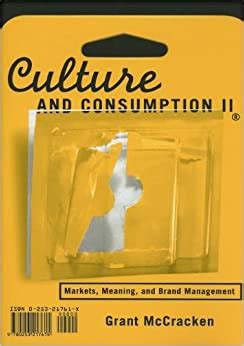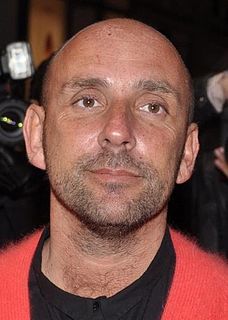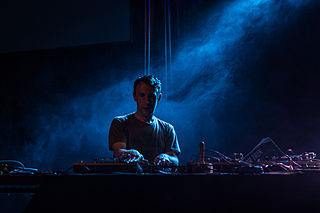A Quote by Grant David McCracken
Often creativity comes from a very pragmatic kind of "well, what if we try this. How about this." You set some parameters and then work through the variations. It's hard to see something as a concept. It literally comes out of the hands on experiment.
Related Quotes
I find that I end up liking songs if I really have an idea of something I wat to write about-some problem in my life or something I want to work through; if I don't have something like that at the root of the song, then I think I end up not caring about it as much. I gravitate towards some kind of concept or idea or situation that I want to write about. Very often I have to write, rewrite and come at it from an opposite angle...and I end up writing the opposite song that I thought I was going to write.
Two years ago I focused on one apartment to see how many variations you can come up with in a given space with the same parameters. I would work on this repeatedly for days and you see that there is maybe seven hundred options for one space. This exercise gives you an idea of the degree at which you can interpret the organization of space, it is not infinite but it's very large.
To get our universe, with all of its potential for complexities or any kind of potential for any kind of life-form, everything has to be precisely defined on this knife edge of improbability. [Y]ou have to see the hands of a creator who set the parameters to be just so because the creator was interested in something a little more complicated than random particles.
I really don't find revivals very interesting because I like new work a lot. I feel like if you're going to pay me, then let me do what I do and let me try to solve some problems. Let me try to make something fly. Why would I do something that everybody has already done the hard work on? But that's me. Tons of people do revivals really well.
I did it as first lady, I did it as a senator, I did it as secretary of state, and I know how hard it is. It's not something you do once or twice and then throw your hands up because it is grinding work. But it is necessary work. So I am really welcoming of the opportunity to meet with not only people who agree with me but those who don't to see what we can do to try to bridge the differences.
There's also something that is often mistaken for enlightenment which is a kind of insanity. Often, people will have some kind of weird experience which is quite abnormal and think, "Oh my God, that's it, I understand everything" because they start seeing things in a very weird way and think that's how enlightened people see things as well.
I was over at Alison's [McGhee], I think we were playing Scrabble. I remember we were both complaining - yeah, we sound like whiners - about how hard writing is, and how we didn't have a story to work on. Alison said, 'Why don't we work on writing something together,' and I said, 'Eh, I don't know if I could work that way.' She said, 'Well, just show up here and we'll see,' and I said, 'Well, what would it be about?' She said, 'Duh, it'd be about a tall girl and a short girl.' So I agreed to come and try it for a day.
My introduction into making records was through a sampler, and that's what I did for a long time. And through doing that over a period of time and kind of coming out of it, I've realized that one of the reasons it works so well for me, one of the reasons psychologically I took to the process so well, was because I'm a problem-solver by nature. If you stick me in a void, I don't do so hot. As soon as there's one little thing to spark an idea, and then I have something to bounce off of - then I'm all right. But until I have that, like in that void, it's kind of hard.



































